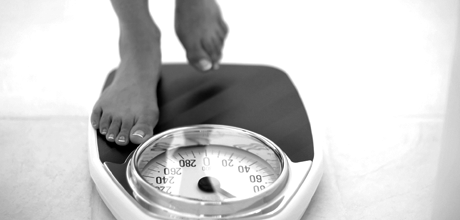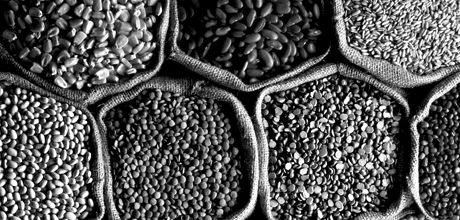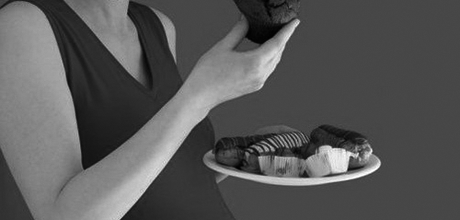
The chemical messengers in your blood will help you smash your weight loss goals.
In the weight-loss conversation, almost everyone obsesses over diet and exercise. However, the latest science shows that not only are your hormones a defining factor in how you age, they also play a crucial role in the way you put on (or lose) fat.
Calories, of course, remain king. But armed with this crash course on hormones, you can expect to burn off a princely sum in your pursuit of a lean physique.
Leptin and Ghrelin
Blame these two if your gut grumbles an hour after you’ve eaten. Leptin, released by your fact tissues, alters your appetite in the long term by telling your brain when you have stored enough fat. Ghrelin, produced in the gut, signals to your brain that you’re hungry. If either is out of sorts, cravings will strike.
Hack
Eating 30g of protein at each meal reduces ghrelin – it‘s why you feel so full after a steak.
Irisin
The latest weight-loss hero on the block, this ‘exercise hormone‘ was only discovered in the past decade. Scientists believe that Irisin has the superpower of converting white fat, linked with an unhealthy metabolism, to brown fat, which is linked with effective calorie burn.
Hack
To make the most of this hormone, mix up your workouts. If you’re not throwing some high-intensity work into your routine, it’s time you started. It doesn’t even have to be a set plan: just spend 30 seconds with a skipping rope (or performing jumping jacks) between weight sets. Alternatively, introduce a few sprints to your usual run, or between lifting sets.HackHack
To make the most of this hormone, mix up your workouts. If you’re not throwing some high-intensity work into your routine, it’s time you started. It doesn’t even have to be a set plan: just spend 30 seconds with a skipping rope (or performing jumping jacks) between weight sets. Alternatively, introduce a few sprints to your usual run, or between lifting sets.
Insulin
This hormone keeps your blood sugar in check and helps your body to store fat and build muscle. Weight gain can lead to insulin resistance, which means your cells don’t respond well to it. As a result, your pancreas compensates by producing more. Over time, the combination of high insulin levels and insulin resistance can make it harder to lose weight.
Hack
Instead of ‘low-carb‘, go for ‘slow carb‘. Your digestive system requires more time to process nutrient-dense carbohydrates. These foods slow down digestion and help you stabilise blood sugar and insulin levels. It’s the right season for it right now: parsnips, swede and celeriac are all at their peak.
Cortisol
Exposure to high amounts of stress produces the hormone cortisol, which can cause muscle breakdown and a redistribution of fat to your gut. High levels at night are one of the biggest causes of weight gain, especially belly fat.
Hack
Install a phone bowl in your bedroom – and keep it far away from your bed. That means no mindless scrolling in bed, and therefore no more sleep lost to the smartphone abyss. Another perk: a solid night of sleep is a natural stress-reliever.
HGH and IGF-1
Your pituitary gland produces HGH, which stimulates the production and secretion of IGF-1 by the liver. Both are growth hormones that break down fat and use the energy to strengthen your muscles.
Hack
Set a snack curfew. Don’t eat anything for two hours before you go to bed. Food will reduce the natural surge in growth hormones during the early hours of the night (and no, staying up later will not reduce this effect). As an incentive, know that losing 5kg can raise your IGF-1 level.








